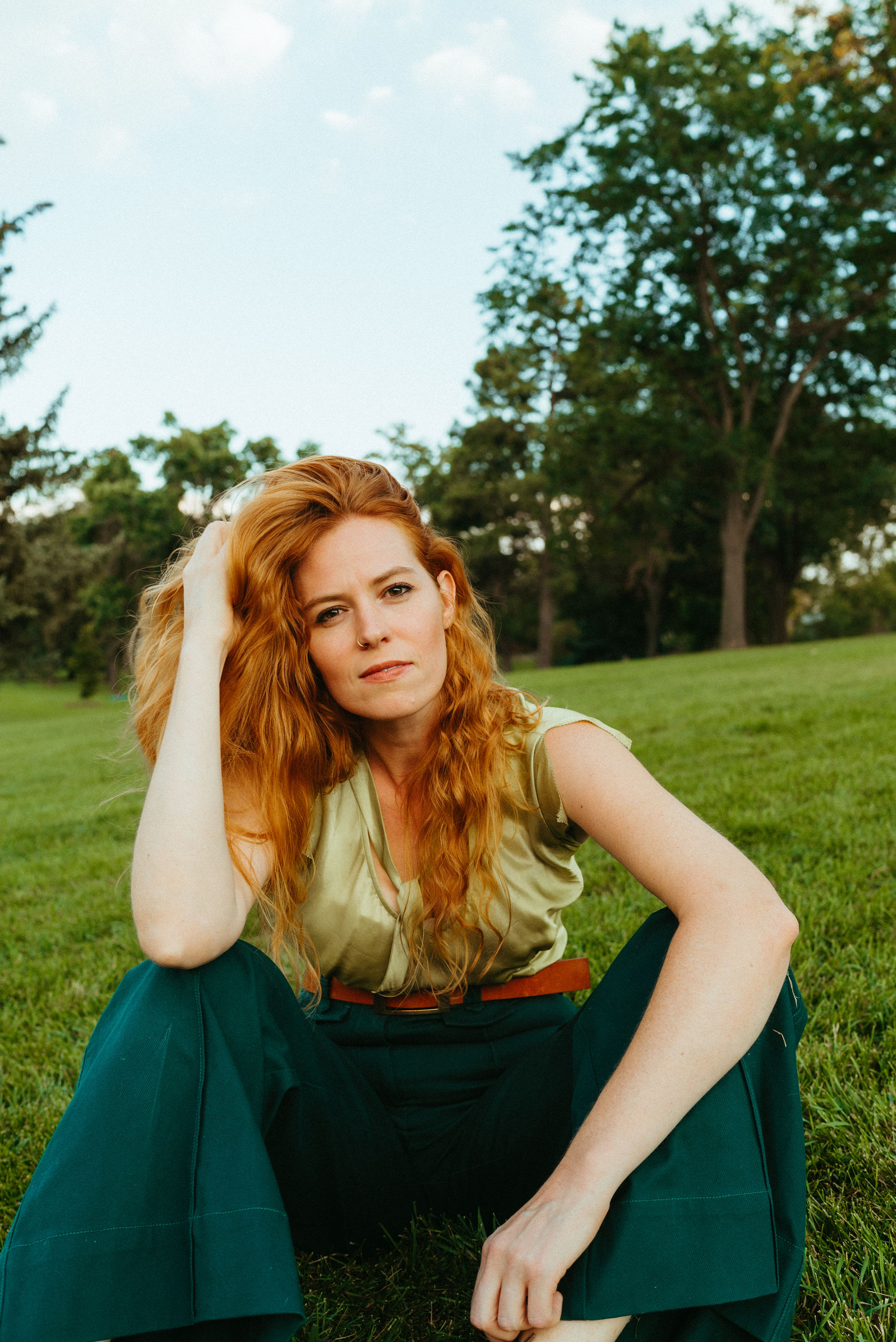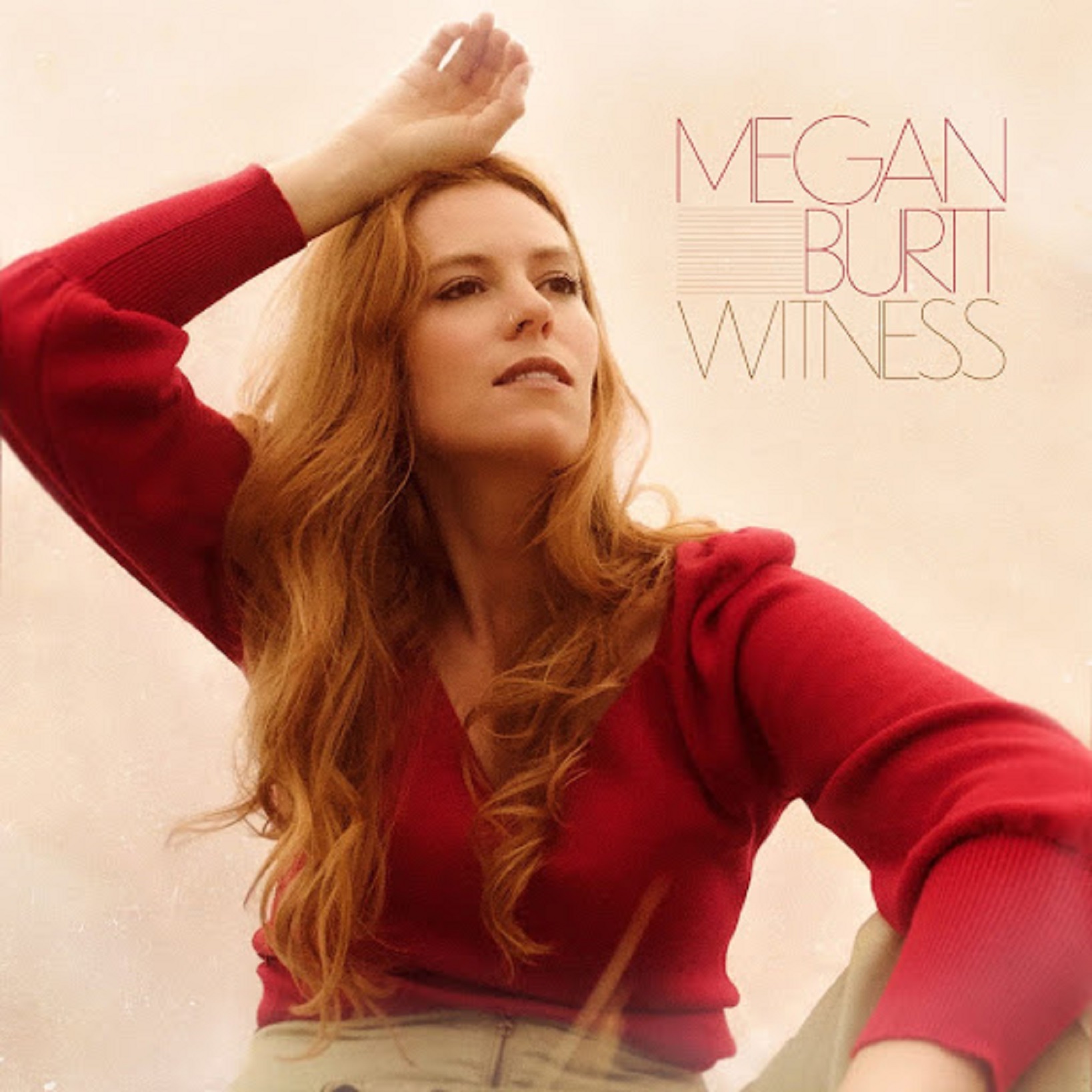Award-winning singer-songwriter Megan Burtt is back with Witness, her most introspective and revealing album to date. Known for her compelling storytelling and soulful voice, Burtt has a history of accolades, including winning the 2011 Kerrville NewFolk Competition and the Rocky Mountain Folks Festival. With Witness, she invites listeners on a deeply personal journey that’s been years in the making.
The 12-track album marks Burtt’s first solo release since 2015’s The Bargain and represents a significant evolution in her songwriting. “I discovered a side of myself that I liked,” says Burtt. “I stopped dancing around what I really wanted to say and embraced a new level of honesty in my music.”
That newfound honesty shines in Witness, beginning with the opening track, “Drugstore Brand.” Written during her time in Brooklyn, the song explores the fear and uncertainty of not meeting personal expectations. “It’s about ladder climbing and redefining what success means,” Burtt explains. This theme of introspection and self-discovery runs throughout the album, offering listeners a raw and authentic experience. Produced entirely by Burtt, Witness blends serious pop instincts with a rhythmic sensibility inherited from her grandfather, a big band drummer in Kansas City’s jazz scene. From the slyly funky “Slow Motion” to the slow-building anticipation of “Electricity,” Burtt’s rhythmic approach adds depth to her storytelling, making each track a journey in itself.

Even as Burtt delves into difficult subjects like fractured relationships and generational trauma, she never loses sight of the groove. “Family” tackles a strained relationship with pointed honesty, while “I See You” addresses painful memories with a catchy chorus that lingers long after the song ends. “Everyone’s got a metronome inside their bodies,” says Burtt. “It’s primal. Providing rhythm is a service to people’s humanity.” Several tracks on Witness reflect on relationships that have run their course. “Unfinished Business” asks for closure, while “Good for You” and “Other Woman” explore the complexities of dating someone with children. Burtt’s empathy and insight shine through, making these songs resonate with anyone who has loved and lost. One of the most personal tracks on the album, “Little Girls,” confronts generational trauma and Burtt’s relationship with her mother. “We just pass down our bullshit from generation to generation until someone decides to look at it,” she says. Despite the heavy subject matter, Burtt approaches it with empathy rather than bitterness.
Throughout Witness, there’s an underlying sense of hope—a belief in the possibility of silver linings, even amidst life’s challenges. Whether entreating a suitor in “Dare You” or finding quiet acceptance in the closing piano ballad “Alone,” Burtt’s optimism is infectious. “I am a little jaded, but I am really hopeful too,” she says. “I enjoy the pursuit of it all.”
Completing Witness has kicked off a prolific period for Burtt, with more songs and projects already in the works. As she steps into this new chapter, her artistic voice is stronger and clearer than ever. “Witness feels like I’m becoming a witness to my life in a way that I never have before,” Burtt reflects. “I’m willing to see things for what they are and tell the truth about what I see.”







